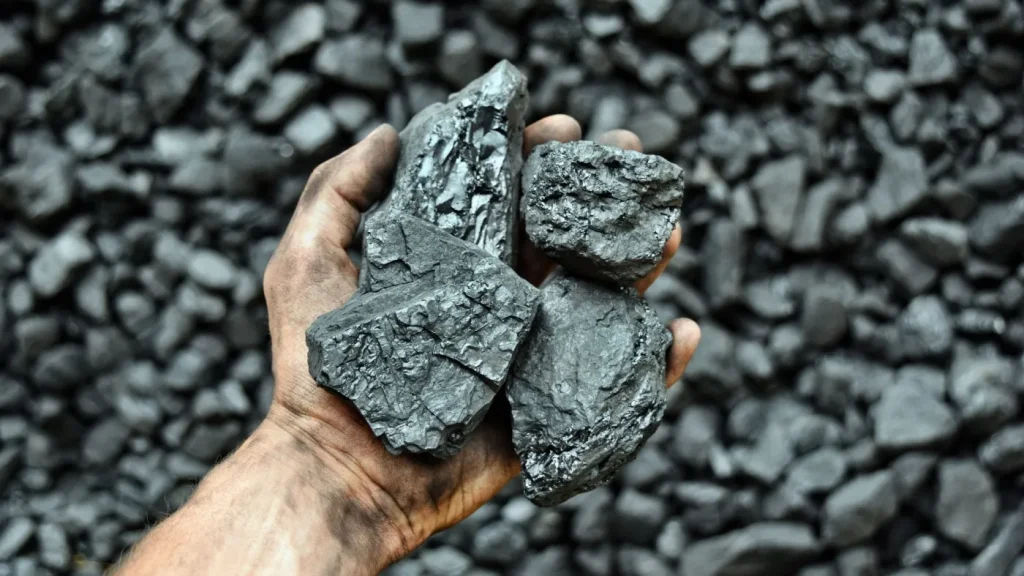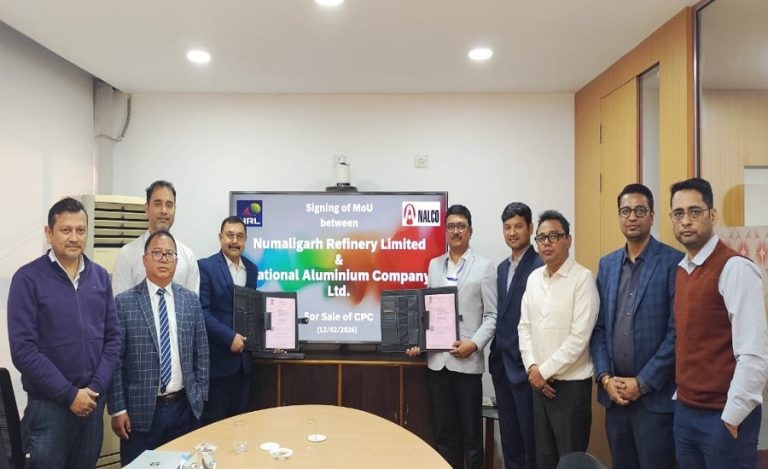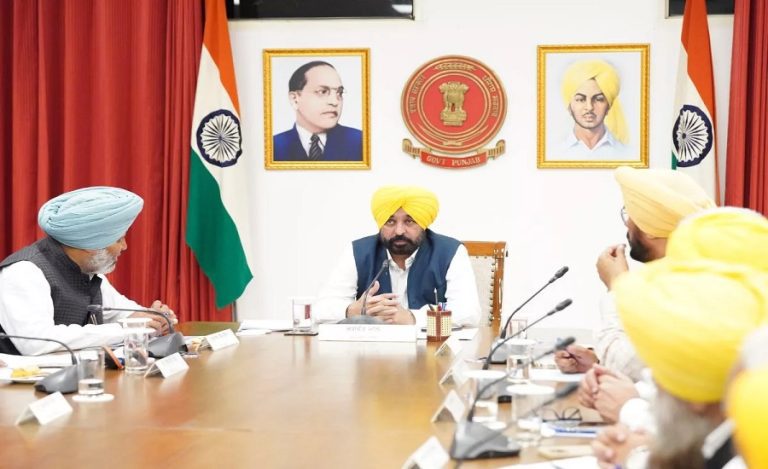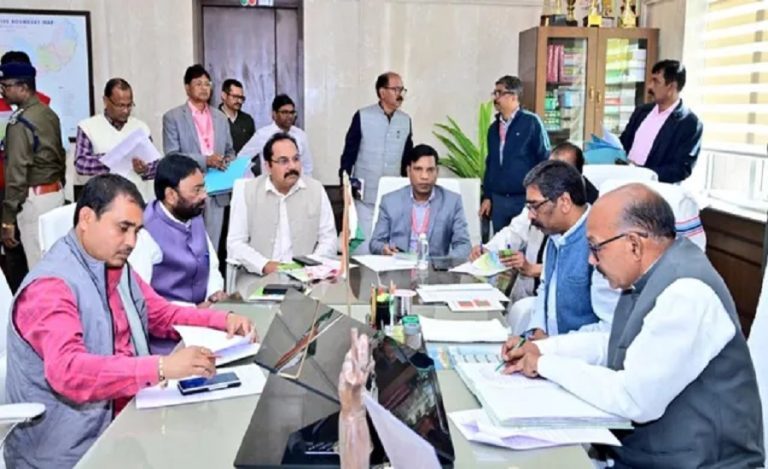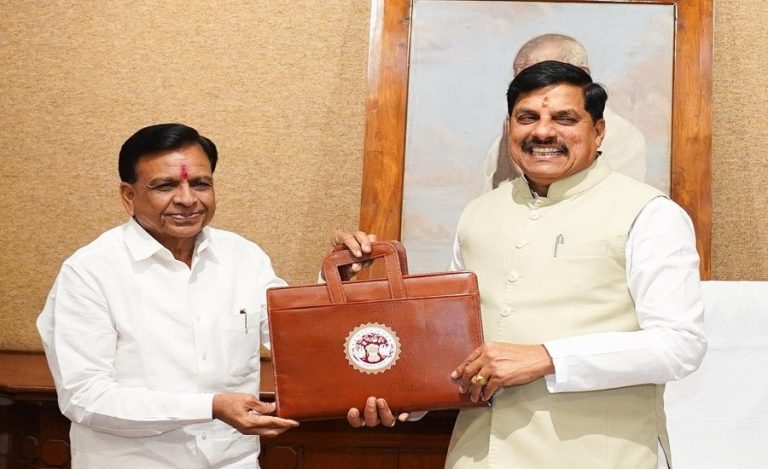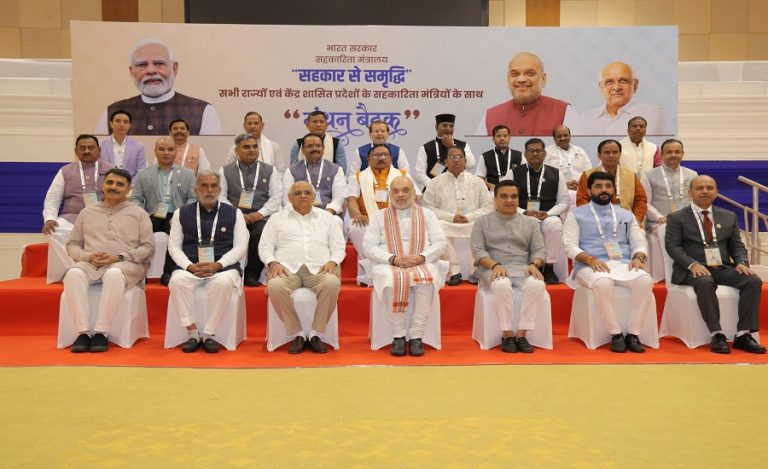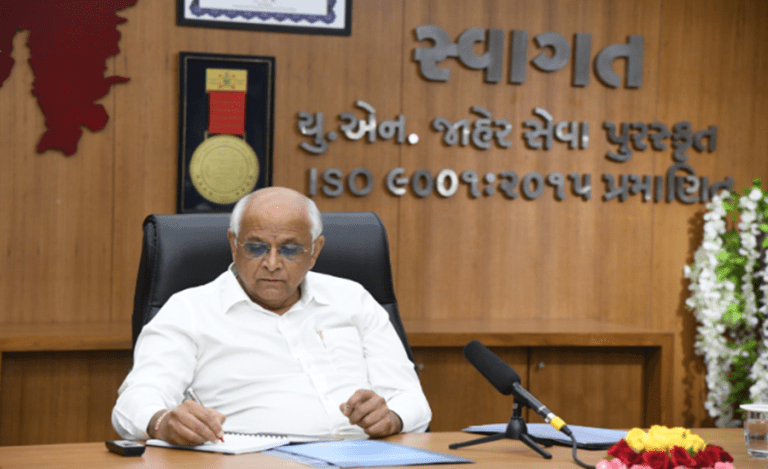In a strategic move to bolster India’s position in the global critical minerals sector, the Central government is set to offer substantial financial incentives for the development of processing facilities, acquisition of overseas mineral mines, and exploration of these vital resources. This initiative, announced by Joint Mines Secretary Veena Kumari Dermal, aims to enhance India’s self-reliance in critical minerals essential for renewable energy technologies.
Speaking at a Budget seminar on the National Critical Minerals Mission in New Delhi, Dermal highlighted the government’s plan to allocate up to USD 50 million for this initiative. The funds will be used to support the industry and provide financial backing to research institutes that will offer technical assistance to miners.
This move is a response to recent challenges in the critical minerals sector. Earlier this year, the government’s auction of critical mineral blocks did not attract the expected interest. For instance, while a Lithium block in Chhattisgarh was successfully allocated in June, an auction in Jammu and Kashmir failed due to concerns over financial feasibility.
The National Critical Minerals Mission, proposed in the Union Budget 2024-25, is a comprehensive effort to secure India’s critical mineral supply chain. The Mission focuses on several key areas:
Domestic Production: Enhancing the domestic production capabilities for critical minerals.
Recycling: Promoting the recycling of critical minerals to reduce dependency on new extractions.
Overseas Acquisition: Facilitating the acquisition of critical mineral assets from international sources.
Additionally, the Mission aims to strengthen the value chains by improving technological, regulatory, and financial ecosystems. It seeks to foster innovation, skill development, and global competitiveness in mineral exploration, mining, beneficiation, processing, and recycling.
The initiative is designed to place India firmly on the global map for critical minerals, ensuring a reliable supply chain for the domestic industry. This is particularly crucial for developing renewable energy technologies, which rely heavily on critical minerals such as Lithium.
By supporting both the industry and research institutes, the government hopes to address current gaps in the sector and drive forward its ambitions for sustainable and secure mineral supply chains.

